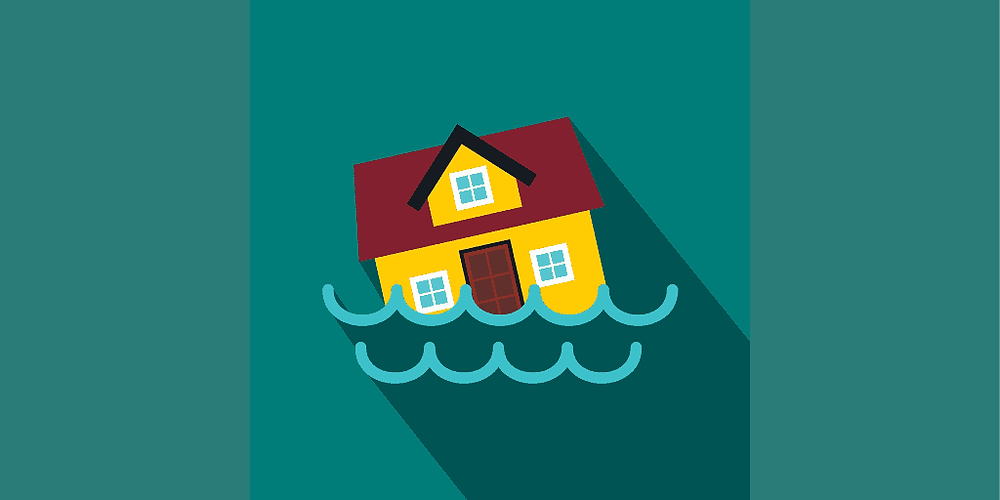Are you selling a house in Nevada? Are you buying a house in Nevada? Did you already buy a house in Nevada, and since discovered something that is wrong with the house? In any of these cases, you will need to know the requirements of NRS § 113.100 in regard to the seller’s disclosures. Below is an overview of the disclosure requirements, and what happens when something doesn’t get disclosed correctly.
Nevada’s Required Disclosures
In most residential property sales in Nevada, state law mandates the seller make disclosures about conditions on the property. See NRS § 113.130. These disclosures cover electrical, heating, cooling, plumbing and sewer systems, and anything else on the property that affects use or value. See NRS § 113.120. This process requires the seller to disclose any defect, which is defined in the statute as “a condition that materially affects the value or use of residential property in an adverse manner.”
What Needs to be Disclosed?
A seller is only required to disclose defects that they are aware of. In fact, the law makes clear that the seller is not required to disclose a defect of which they are not aware. NRS § 113.140. Additionally, the topics of disclosure are in a proscribed form that is adopted by the Nevada Real Estate Division, so you won’t be left trying to figure out the potential home or property features you need to address in the disclosures when selling your home.
Sellers can also rely on information that was given to them from government officials and experts like engineers, contractors, surveyors and inspectors. NRS § 113.150(5). This limits the ability of a buyer to claim damages from a known but undisclosed defect. So, a seller who is concerned about a potential defect is encouraged to consult with an appropriate expert to determine if there is a defect present before completing disclosures.
Sellers do not need to disclose defects that have been repaired. See Nelson v. Heer, 123 Nev. 217, 163 P.3d 420 (2007). For example, if a home had water damage, but the seller had it all repaired before making disclosures, it no longer needs to be disclosed.
Failure to Disclose
So, what happens if a seller fails to disclose a defect? The big risk is NRS § 113.150’s treble damages clause. Treble damages is a legal term for triple damages. The law allows a home purchaser who is saddled with a defect that the seller knew of, but did not disclose, to seek three times the cost of repair or replacement. This is a very big incentive for sellers to disclose known defects, because the consequences are steep. The purchaser can also seek court costs and attorney’s fees, making it even more crucial for sellers to make adequate disclosures. However, the treble damages, costs, and attorney’s fees are something the buyer can waive in a signed, notarized document.
What Real Estate Agents Should Know
Sellers’ real estate agents should be aware that they also have duties to disclose known defects, but are not in the precise situation that the seller is in. Licensed real estate agents are required to disclose to all parties “any material and relevant facts, data, or information which the licensee knows, or which by the exercise of reasonable care and diligence should have known, relating to the property which is the subject of the transaction.” NRS § 645.252. Generally, real estate agents are not liable for a misrepresentation of their client, but they can become liable if they knew the client made a misrepresentation, and the agent failed to inform the other party. NRS § 645.259. So, if a real estate agent knows of a defect and that her client failed to disclose it, she will need to disclose it to the buyer.
The good news for real estate agents is that even if they are liable for a failure to disclose, the treble damages clause does not apply, and the buyer’s recovery against an agent is limited to the decreased value of the property and damages resulting as a consequence of the nondisclosure. See Davis v. Beling, 128 Nev. 301, 278 P.3d 502 (2012).. A successful plaintiff can recover the diminution in value as well as consequential damages from the agent. Id.
Conclusion
Real property transactions can be difficult and complicated, and seller’s disclosures are just one piece of the puzzle. Sellers and buyers should make use of the resources available through experts like engineers and inspectors, real estate agents, and even lawyers to ensure a smooth transaction. As always, if you think you might need an attorney, you probably do.
#lasvegasrealestate #lasvegaslawyer #Lasvegas #lasvegasnevada #nevada #vegasrealestate #vegaslawyer #vegashomes





